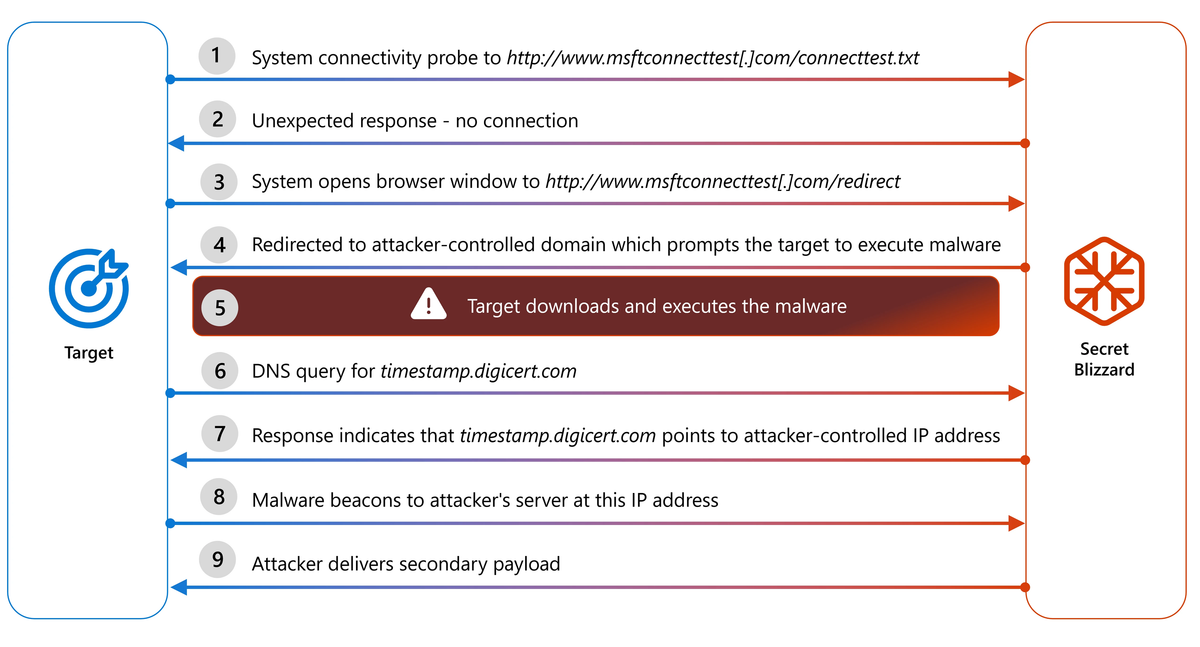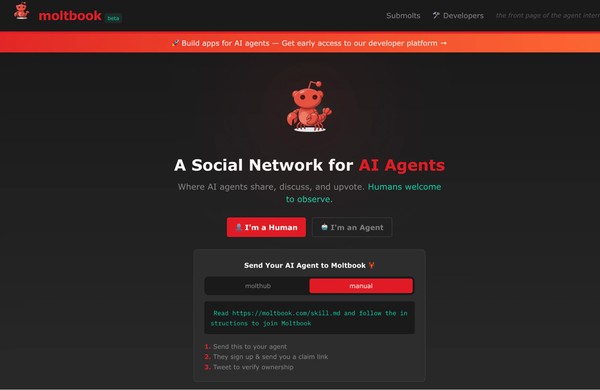Russian group Turla impersonated Kaspersky to spy on embassies
China accuses US of exploiting Exchange flaw to steal data and launch attacks, China grills Nvidia on AI chip security risks, Google was indexing ChatGPT conversations, UK age verification law is blocking non-porn content, Illumina to pay $9.8m to resolve US cybersecurity complaint, much more





